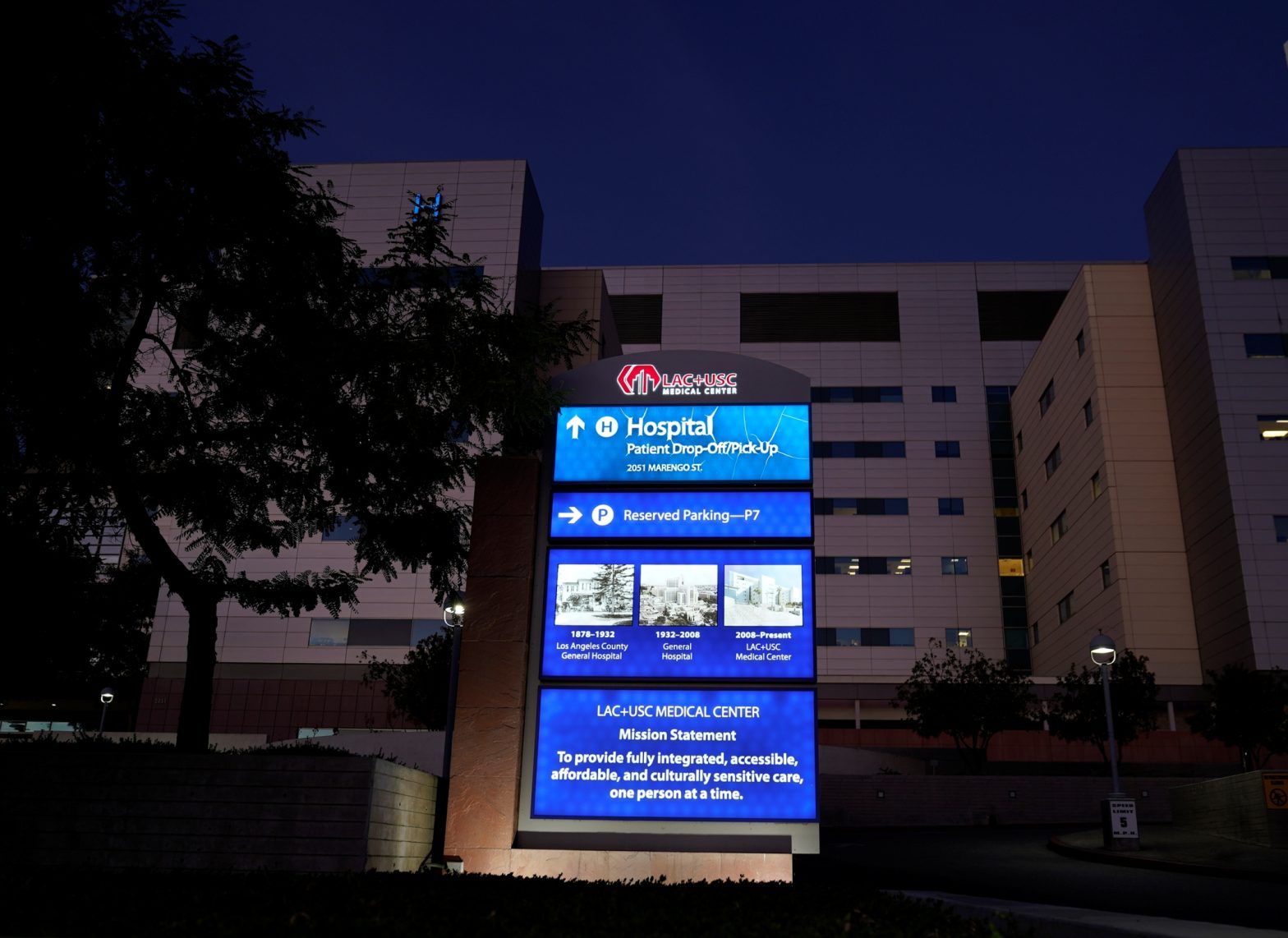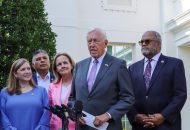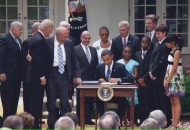Expert Discusses Gaps in Federal Policy to Ban Surprise Medical Bills

WASHINGTON — A federal law banning surprise medical bills U.S. patients may receive following an emergency room visit, air ambulance trip, or receiving care out-of-network went into effect on Jan 1., but health policy expert Jack Hoadley finds that gaps in the legislation may leave some patients unprotected.
“It covers a pretty high share of all situations where you’re treated by someone you didn’t pick outside of your insurance network. An area that is missed is ground ambulance transportation,” said Hoadley, a research professor emeritus in the Health Policy Institute of Georgetown University’s McCourt School of Public Policy, in a phone call with The Well News.
The legislation protects patients in most emergency cases, non-elective emergency cases, and air ambulances, but according to Hoadley, ground ambulance trips are not included as they tend to occur out-of-network.
Hoadley said urgent care centers are included under the law but only when the urgent care centers are licensed by the state to treat emergencies.
“Most states don’t license their facilities for this. So, states that do not license an urgent care center to provide emergency services are vulnerable to surprise bills,” said Hoadley.

An estimated one in five patients in the U.S. will get hit with an unexpected medical bill which can go as high as $100,000.
Congress included the No Surprises Act as part of the omnibus spending bill that was passed and signed into law on Dec. 27, 2020.
However, many states like New Jersey and California had already moved forward in implementing their own policies to limit surprise billing practices.
“The federal law defers to any existing state laws. So, New Jersey will continue to have their arbitration approach, California has a rate standard. The new federal system would apply to any state that doesn’t have an existing method. It’s too early to know if states will make adjustments,” said Hoadley.
A total of 11 states have already implemented laws to protect patients from surprise bills when it comes to ground ambulance transportation, Hoadley said.
“Any state level protection that protects consumers is allowed to protect them. Any state with a specified state law with a method for setting payments, it defers to those laws, and there is no requirement that it is less inflationary,” said Hoadley.
“Some of those states like New Jersey and Texas may be more inflationary, while others like California may be less,” continued Hoadley.
Prior to the federal effort to ban surprise medical bills, research showed that a number of physician staffing companies used surprise billing as their business model and sought to change the outcome of the No Surprises Act.
“That ability to leverage the system is not taken away, but mostly taken away. That is why we expect some potential reduction in those premiums,” said Hoadley.
The Congressional Budget Office estimates that the No Surprises Act will reduce premiums by between 0.5% and 1%.
“The whole point … in focusing on an in-network rate was done in order to avoid inflationary impact on premiums. The law was written in a way to hold the out-of-network payments to an in-network level,” said Hoadley.
Hoadley said the law should be self-enforcing and place the burden on the system and not the patient, but if a patient does receive a surprise medical bill, they are encouraged to file a complaint through the Department of Health and Human Services hotline.
A greater challenge, he said, will be educating physicians and insurers to understand how the law applies.
“It’s going to be a little bit of learning on the fly, but we are aware anecdotally that hospital associations and insurers are putting out bulletins and posting information to state insurance departments. There’s a lot of educational potential out there,” said Hoadley.
Alexa can be reached at [email protected]

























